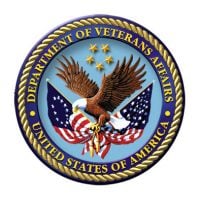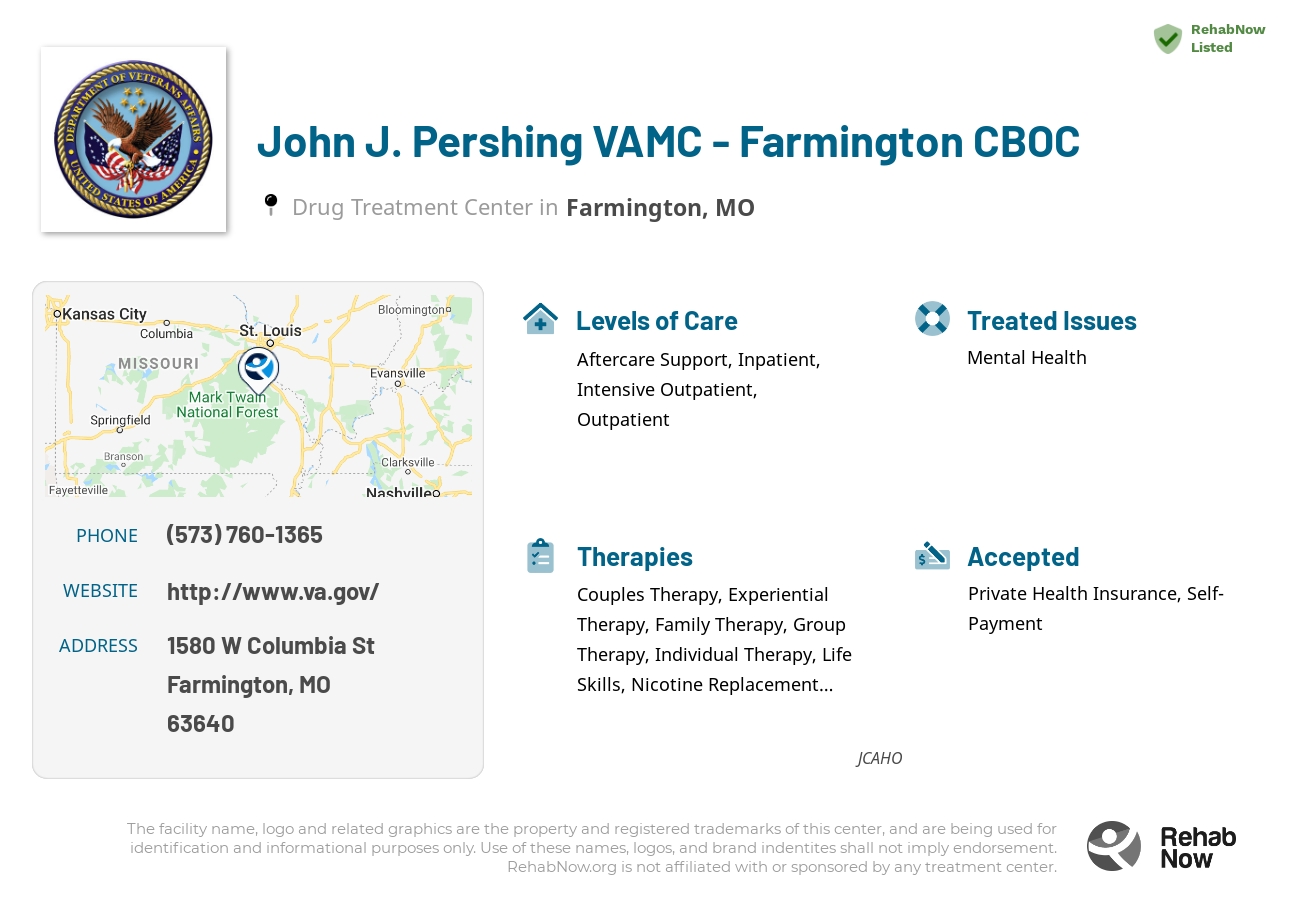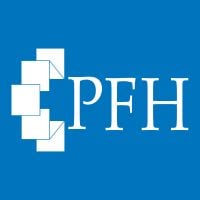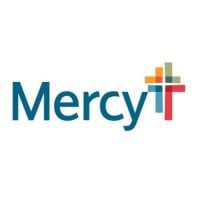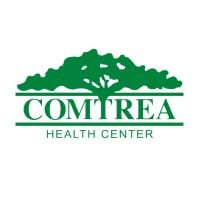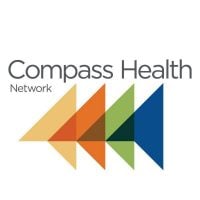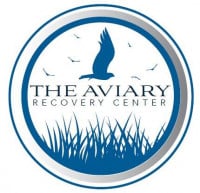John J. Pershing VAMC - Farmington CBOC
Drug Rehab Center in Farmington, Missouri
The John J. Pershing VAMC - Farmington CBOC offers specialized medical care services and addiction treatment programs for veterans, including individual and group therapy, medication assisted treatments, and support services such as housing and employment opportunities.
About This Missouri Facility
John J. Pershing VAMC - Farmington CBOC is a healthcare center located in Farmington, Missouri that has been providing services to veterans for over 100 years. It is a branch of the Veterans Affairs Medical Center, and its mission is to promote mental and physical well-being among veterans. The facility specializes in a range of healthcare services including addiction and substance abuse treatment, inpatient, and outpatient services. They provide evidence-based care and are dedicated to providing the highest quality of care for veterans and their families.
John J. Pershing VAMC - Farmington CBOC provides an extensive range of addiction and substance abuse services to assist veterans in their recovery. These services include individual, family, and group counseling, medication-assisted treatment, addiction education, and relapse prevention. In addition, they offer a variety of therapeutic programs such as music therapy, art therapy, and recreational therapy to help veterans build a strong foundation for recovery. The staff at John J. Pershing VAMC Farmington CBOC is passionate about helping veterans achieve sobriety and move forward in life.
John J. Pershing VAMC - Farmington CBOC is accredited by the Joint Commission, licensed by the Missouri Department of Mental Health, and is a qualified provider of the Missouri Department of Health and Senior Services. The facility has also been recognized by the National Community Transformation Award for its work in utilizing evidence-based practices to improve the lives of veterans with substance abuse disorders. John J. Pershing VAMC Farmington CBOC is proud to be a leader in providing comprehensive addiction and substance abuse services and treatment for veterans.
Genders
Ages
Modality
Additional
Accreditations

JCAHO
Conditions and Issues Treated
Levels of Care Offered at John J. Pershing VAMC - Farmington CBOC
This center offers a variety of custom treatment tailored to individual recovery. Currently available are Aftercare Support, Inpatient, Intensive Outpatient, Outpatient, with additional therapies available as listed below.
Individuals who are suffering from severe addiction or have a high risk for dangerous health concerns are often recommended to receive inpatient treatment.
Choosing to enter an inpatient treatment program is beneficial for people who are suffering from severe addiction, or who have a high risk for dangerous health concerns.
Inpatient treatment is beneficial for:
- People who have a history of severe withdrawal.
- People who have attempted to overcome addiction on their own without success.
- People who have a history of relapse, or have recently relapsed.
- People at risk for drug overdose or withdrawal-related complications.
- People with medical conditions that are worsened by drug or alcohol use.
Outpatient addiction treatment is beneficial for people who are able to function well in their day-to-day lives. It is recommended for people who are not yet ready to end their relationships with friends or family members who might be encouraging drug and alcohol use.
Intensive outpatient treatment is beneficial for:
- People who are able to attend treatment more than 3 times per week.
- People who do not meet the criteria for inpatient treatment.
- People who are able to contribute to their own recovery outside of the treatment center.
- People who are motivated towards recovery.
- People who are able to overcome addiction on their own without the need for higher levels of care.
Outpatient treatment programs provide drug and alcohol addiction treatment through individual sessions with a counselor, group therapy, 12-step meetings, and other activities to help individuals gain sober living skills. Most programs are designed for those individuals who have completed a medically supervised detoxification program and provide opportunities for clients to begin the process of early recovery.
Outpatient programs also offer a level of medical support as needed and psychological backing through therapy. Clients are encouraged to live at home, though there may be some flexibility regarding this requirement based on the circumstances and needs of each patient.
Outpatient treatment is perhaps the most common type of dual diagnosis program available. It does not pose a significant financial burden on patients. However, it is essential to note that outpatient treatment does not provide the support and supervision given in residential programs. Some addicts may need this level of support to maintain their sobriety.
People who have completed a rehab program often need continued support from the addiction treatment team in order to remain abstinent from drugs and alcohol. Aftercare can be beneficial for personal, social, and emotional growth.
Common aftercare options include:
- Individual Therapy – this type of addiction counseling is available on a one-on-one basis. This can be beneficial for people with a high degree of emotional turmoil and a strong desire to overcome addiction.
- Group Therapy – this type of addiction counseling is available in a group setting. This type of treatment can be beneficial for people who are unable to attend regular therapy appointments due to other responsibilities.
- Family Therapy – this type of addiction counseling is available to the family members of addicts. This can be beneficial for people who are unable to fully comprehend what their loved ones are experiencing due to addiction.
Therapies & Programs
Therapy sessions focused on the individual addict can provide much-needed guidance as they work toward overcoming their addiction. These types of sessions typically involve guidance from a therapist, who will help addicts identify and process their feelings and cravings.
During these sessions, addicts may develop plans for coping with the triggers that typically lead to relapse and learn how to avoid those triggers during their recovery process.
If you are looking for drug recovery, couples therapy can be a great option. This type of therapy can help rebuild trust and joy in relationships that may have been damaged by addiction. It can also help reduce the dysfunctional behavior in a relationship that may trigger addiction. A patient’s partner will be involved in the process. They can also benefit from therapy, especially if they are trying to live with an addict.
The main goal of family therapy for drug addiction is to create an environment where communication can occur without judgment, hostility, or blame that often occurs within a family.
Family therapy is a type of group problem-solving that aims to improve communication and relationships between the patient, their family, and sometimes friends. The therapist is with the family as they learn to communicate with each other differently, especially with the addict when s/he is using.
The family can learn to reduce their enabling behavior or rally together and support each other during tough times. The patient also learns how to deal with their addiction and maintain sobriety while interacting with the family.
Different types of addiction treatment services are available. Within this article, group therapy is of interest due to its high success rate compared to individual therapy. Group therapy settings are beneficial because they allow recovering addicts to build a strong support network.
Benefits of group therapy are:
- Reduces feelings of isolation
- Immediate access to social support in the form of fellow addicts in recovery
- Lowers risk of relapse
- Increases rate of sobriety
- Builds coping skills that can be applied to everyday life
Trauma Therapy is a form of therapy that involves working with a patient to help them process and understand the past trauma(s) in their life. The idea behind it is that while some people can experience traumatic events and not have lasting psychiatric symptoms, many others will. In these cases, memories of the event get hidden from consciousness but continue to influence how the person processes and copes with things in their life. They may avoid situations that resemble what happened or become suddenly angry or irritated to a situation that reminds them of a past event.
With the help of a therapist, people can go back over memories and experiences. This helps them understand why they are having problems coping with certain situations and how they can change how they think and react to things. This therapy is typically done using techniques such as visualization, discussion, and writing down thoughts and feelings.
Trauma therapists will work with clients to help them understand their past and present relationships. Many times, patients may believe that something is inherently wrong with them or that they are unworthy of love. A therapist aims to correct these negative feelings and behaviors by helping the person realize that their actions do not reflect who they truly are.
One of the main goals of trauma therapy is to help clients express their emotions and talk about what they are feeling. This benefits both to increase awareness of how certain events have impacted them in the past and enables patients to realize that they can make changes in their lives.
Cognitive Behavioral Therapy (CBT) is used by drug treatment centers to help addicts comprehend the causes of their substance abuse and the consequences that follow. Through CBT, clients learn to recognize and avoid high-risk situations and cope with challenging situations when they arise.
CBT treatment often includes a combination of individual therapy, group therapy, lectures, and other activities. The treatment’s goal is to help addicts gain self-control and maintain abstinence from drugs and alcohol over the long term so that an addict can get sober and lead a more productive life.
CBT is particularly effective in helping people overcome their drug problems, especially people whose drug abuse is motivated by self-defeating beliefs and emotions.
Those struggling with addiction in Missouri can benefit from learning certain life skills. It is not as simple as quitting drinking or taking drugs and thinking that the hard part is over. Being sober means living a whole new way of life. Many recovering addicts have found that they need to develop talents like time management, organization, communication skills, socialization skills, and self-esteem to make their life in sobriety work.
Drug and alcohol addiction can lead to a breakdown in life skills. Learning certain life skills can help those who are struggling with addiction. Life skills training at John J. Pershing VAMC - Farmington CBOC in Farmington, MO teaches patients skills such as time management, budgeting, and social abilities to improve their quality of life and prevent relapse.
An addict’s life skills are maladaptive, meaning they are counterproductive. An addict may have learned poor time management skills growing up, have a hard time budgeting money, or be socially awkward. An addict’s poor life skills can lead to relapse and the inability to achieve long-term sobriety. Life skills training teaches patients effective coping mechanisms, which can help them live a clean and sober life.
Good nutrition can be difficult for people recovering from addiction because they may not feel like eating while they are experiencing the physical and emotional side effects of detoxing.
Nutrition therapy can help addicts in the following ways:
- Helps individuals to understand which foods promote good health and support recovery that will assist them during detox
- Provides guidance and education in Farmington, Missouri about how to maintain a nutritious diet so they can stay healthy during recovery
- Improves their overall health and well-being, which can reduce the severity of substance withdrawal symptoms.
Nicotine replacement therapies are effective because they provide you with the nicotine you are addicted to without inhaling carcinogens from cigarettes. Some types of NRT include nicotine gum, nicotine patches (transdermal systems), nasal spray, and lozenges. The benefits of using NRT can include reducing the risk of heart disease and cancer.
Patient Experience
Experiential Therapy at John J. Pershing VAMC - Farmington CBOC
Experiential therapy is a form of psychotherapy where patients are asked to engage in activities such as role-play, poetry writing, music composition, exercising, or journaling to help process intense feelings. The aim of the therapy is to help patients access deeper, often hidden emotions by helping them explore their own body and mind.
Payment Options Accepted
For specific insurance or payment methods please contact us.
Is your insurance accepted?
Ask an expert, call (888) 674-0062
Additional Details
Specifics, location, and helpful extra information.
Farmington, Missouri 63640 Phone Number(573) 760-1365 Meta DetailsUpdated November 25, 2023
Staff Verified
Patient Reviews
There are no reviews yet. Be the first one to write one.
Farmington, Missouri Addiction Information
Opioid-related overdoses in Missouri have been increasing steadily for the past three decades. In 2018, more than 1,130 people in Missouri died from opioid abuse. Methamphetamines and marijuana abuse have surpassed opioid abuse in Missouri. Missouri is the number 1 methamphetamine manufacturer in the country with more than 27 meth labs per 100,000 people.
The most commonly abused substances in Farmington, MO are marijuana, prescription medications, and cocaine. Alcohol addiction is also a problem with around 16% of the population struggling with alcohol abuse issues. Around 6.9% of the population between 12 and 17 years old are marijuana abusers. Every day, 2 people die from drug-related deaths in Farmington. It's important to get help if you're struggling with addiction, or you know someone who is.
Treatment in Nearby Cities
- Waynesville, MO (96.2 mi.)
- Aurora, MO (188.5 mi.)
- Sunrise Beach, MO (130.8 mi.)
- Nevada, MO (213.9 mi.)
- Sainte Genevieve, MO (25.8 mi.)
Centers near John J. Pershing VAMC - Farmington CBOC
The facility name, logo and brand are the property and registered trademarks of John J. Pershing VAMC - Farmington CBOC, and are being used for identification and informational purposes only. Use of these names, logos and brands shall not imply endorsement. RehabNow.org is not affiliated with or sponsored by John J. Pershing VAMC - Farmington CBOC.
